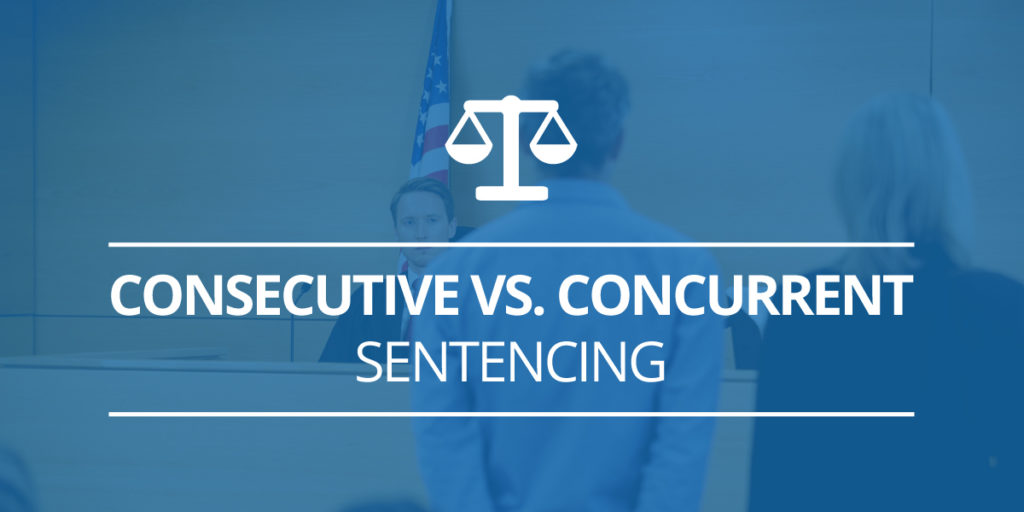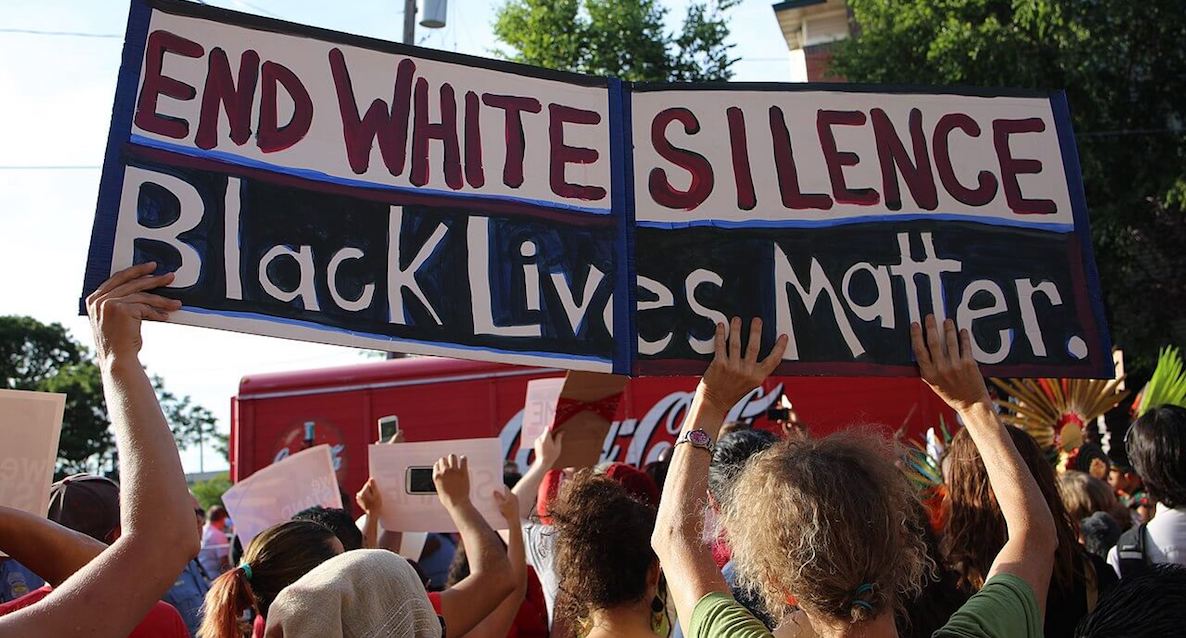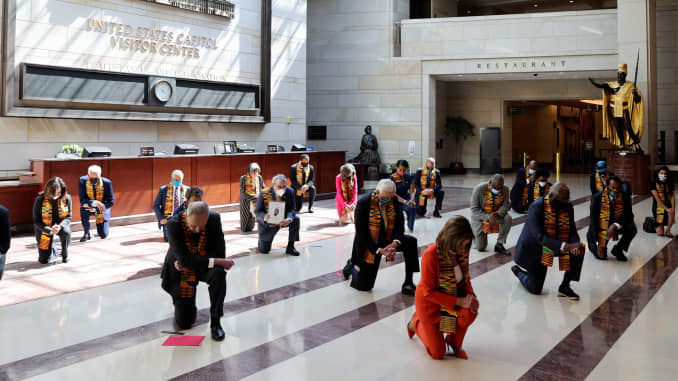
In State v. Smith, the WA Court of Appeals held that a forged bank application is a “written instrument” under Washington’s forgery statute.
BACKGROUND FACTS
Smith’s convictions arose from his involvement in certain transactions with his two half-brothers. The transactions involved creating auto dealer businesses and using invalid social security numbers to obtain loans from credit unions to purchase cars from the auto dealers. The men then would deposit the loan amount into a bank account for one of the auto dealer businesses but would not actually complete the car sale.
Eventually, Mr. Smith was charged and convicted of one count of first degree theft, two counts of forgery, and one count of money laundering. He appealed his convictions.
COURT’S ANALYSIS & CONCLUSIONS
- Legal Principles
The court held the State gave sufficient evidence of forgery. It reasoned that under the forgery statute, “A person is guilty of forgery if, with intent to injure or defraud: (a) He or she falsely makes, completes, or alters a written instrument or; (b) He or she possesses, utters, offers, disposes of, or puts off as true a written instrument which he or she knows to be forged.” Also, the court reasoned that under the common law, a “written
instrument” is defined as a writing that has legal efficacy. Under this definition, “a writing can support a forgery charge only if the writing would have legal efficacy if genuine.”
2. Legal Sufficiency of Bank Account Applications
The Court gave the statutory definition of a “written instrument” as (a) Any paper, document, or other instrument containing written or printed matter or its equivalent; or (b) any access device, token, stamp, seal, badge, trademark, or other evidence or symbol of value, right, privilege, or identification.
Under this definition, the Court reasoned that a bank loan application fits the definition of a written instrument:
“In general, bank account applications initiate a contractual relationship between the bank and the depositor that, once accepted by the bank, create rights in and impose obligations on both parties. Depositors give money to the bank in exchange for the bank’s services. The bank services the depositor’s account in exchange for fees and the use of the depositor’s funds.” ~WA Court of Appeals
Also, the Court reasoned that the “Certificate of Authority” portion of the bank application provided that anyone who signed the application certified that he or she was authorized to act with respect to the account and any agreements with Wells Fargo, to make payments from the account, and to give instructions to Wells Fargo regarding the transaction of any business relating to the account.
“Therefore, the bank account applications at issue here provided the foundation of legal liability and had legal efficacy under the forgery statute,” said the Court. “Accordingly, we hold that sufficient evidence supports the conclusion that Smith’s bank account applications had legal efficacy.”
3. The State Established That Bank Account Applications Were Falsely Completed.
Next, the Court rejected Smith’s arguments that even if the bank account applications had legal efficacy, the State failed to establish that they were falsely completed. It reasoned that a social security number is a form of identification, and Smith’s use of the Indiana child’s social security number misrepresented that someone with that social security number was opening a bank account.
“Smith also did not have the authority to use the social security number of the child in Indiana. Accordingly, we hold that sufficient evidence supports the conclusion that Smith falsely completed the bank account applications.” ~WA Court of Appeals
4. The Trial Court Lawfully Declined the Defendant’s Proposed Jury Instruction.
The Court of Appeals held that the trial court did not err in declining to give Smith’s legal efficacy jury instruction because the legal efficacy of Smith’s bank account applications was a question of law for the trial court.
Under the Sixth and Fourteenth Amendments to the United States Constitution, a criminal defendant is entitled to a jury determination of every element of the charged offense. As a result, the trial court must instruct the jury on all elements of the offense.
The Court reasoned that questions of law are for the court, not the jury, to resolve, and that legal efficacy of an instrument involves issues that are uniquely within the province of the court. “This is particularly true for a document like a bank account application,” said the Court. “The jury would have no basis for determining whether a bank account application has legal efficacy.
Such a determination requires a legal analysis that could be performed only by the trial court.” Consequently, the Court of Appeals held that the legal efficacy of Smith’s bank account applications was a question of law for the trial court. “Accordingly, we hold that the trial court did not err in declining to give Smith’s legal efficacy jury instruction.”
With that, the Court of Appeals affirmed Smith’s convictions.
Please contact my office if you, a friend or family member face Forgery charges. Hiring an experienced and effective criminal defense attorney is the first and best step toward justice.














